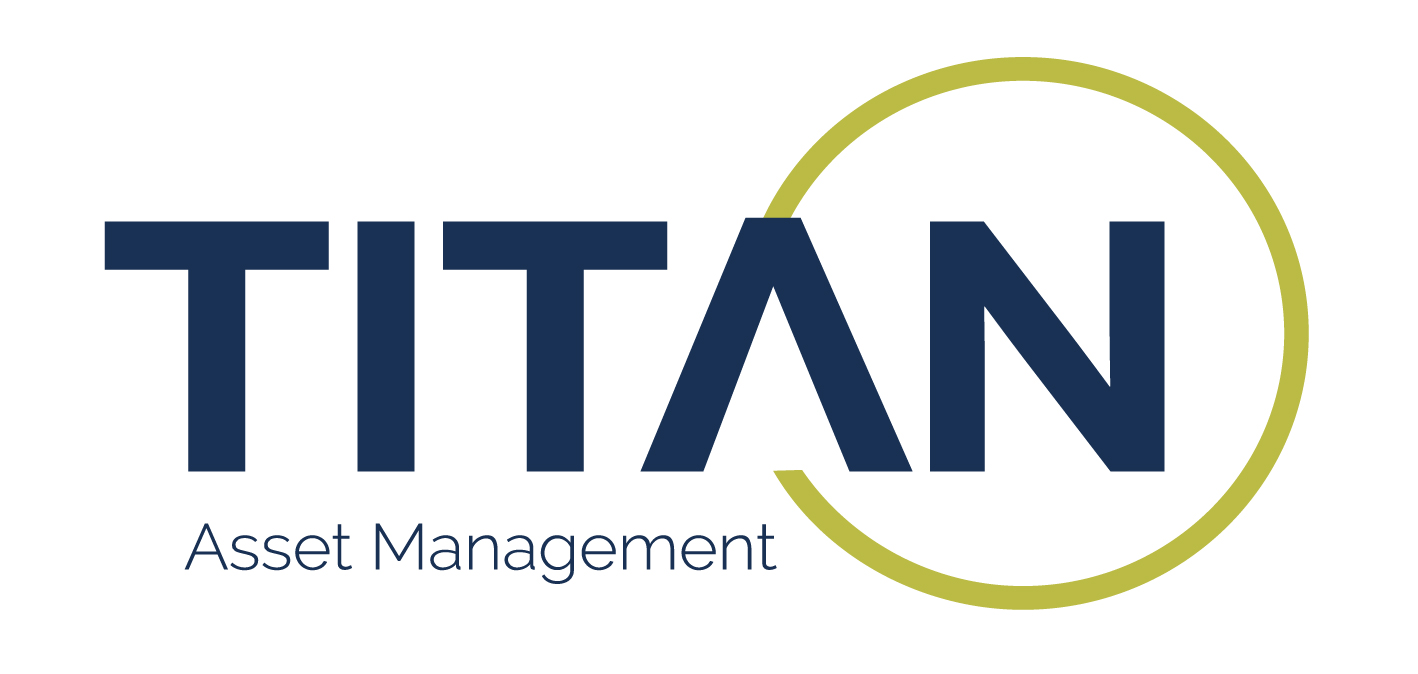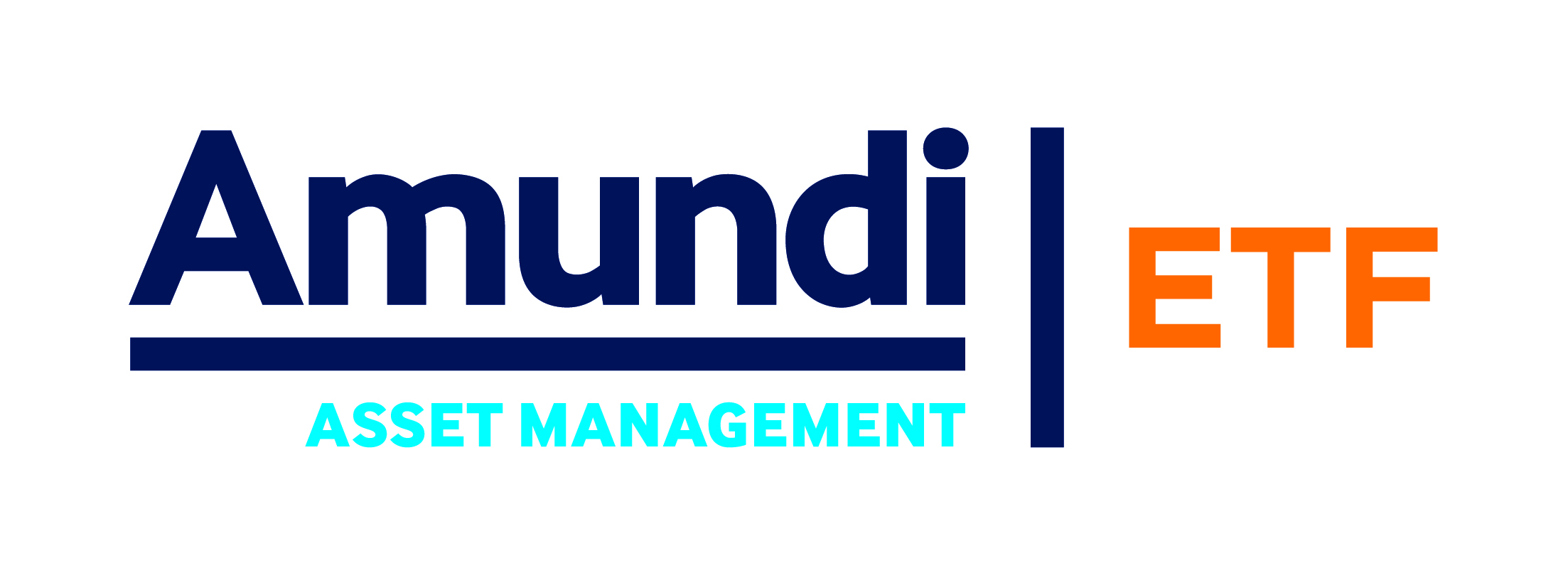A classic chicken-and-egg scenario is damaging the uptake of ETFs in UK model portfolio services (MPS), and investors are paying the price.
For years now, platforms have been dragging their feet on addressing the problems – such as high transaction charges and fractional dealing – that have limited ETF uptake in MPS offerings.
It was believed progress would be made in this area, albeit slowly, and while some major platforms have offered direct execution capabilities – giving investors the ability to purchase ETF shares – others have been kicking the can down the road.
As a result, UK financial advisors are now actively shunning the wrapper. ETFs’ share of MPS offerings shrank from 15.4% in 2022 to 12% in 2023, according to Morningstar’s latest UK-managed portfolios landscape report.
Jack Turner, head of ESG portfolio management at 7IM, said while the group does use ETFs in its portfolios, high transaction costs “can make us lean towards mutual funds”. Furthermore, when you consider the quarterly rebalancing of ETFs, costs can snowball.
How can it be that investors are being directed away from cheap, transparent and otherwise easy-to-trade ETFs because platforms will not update their capabilities?
Another major issue facing platforms is fractional dealing. Platforms that do not carry the capability force investors to buy and sell the full units of ETFs, an issue for smaller portfolio sizes and particularly in the fixed income space, where issuers set the unit price around £100.
Most wealth manager platforms currently lack this offering, and while asset managers have been applying pressure on platforms to introduce the power to do so, online brokers such as AJ Bell believe demand is not yet there.
This is where the chicken-and-egg scenario becomes apparent. Professional investors say they would use more ETFs in their portfolios if they could, but instead must stick to less nimble mutual funds to meet client demands.
James Peel, portfolio manager at Titan Asset Management, uses ETFs, index and active mutual funds in its MPS offering but said ETFs are tricker because “some platforms cannot accommodate fractional trading”.
As a result, issuers have been coming up with their own solutions to overcome the problem. For example, Amundi undertook a share split on its €373m Amundi Leveraged MSCI USA Daily UCITS ETF (CL2), lowering its unit price and making it “accessible to all European investors”.
Interestingly, DWS cancelled a similar move on four of its ETFs due to the rise of fractional trading by robo-advisors, an area where retail platforms such as Nutmeg and Trade Republic have been leading the way.
Platform issues have also been driving demand for non-ETF share classes on issuer’s existing ETF ranges, allowing investors more comfortable with the mutual fund route to access the ETF in some capacity.
In theory, using ETFs in MPS offerings should be a match made in heaven. In reality, it can be a nightmare for investors. Platform providers must step up and do the right thing.








